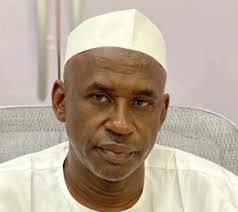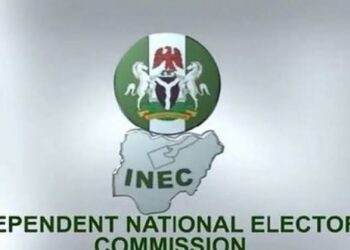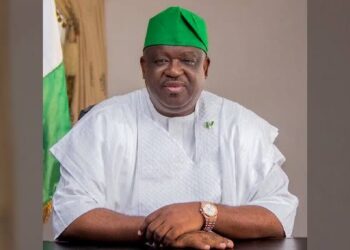Governor Otu highlighted how the partnership between the state government and Afreximbank is expected to drive economic growth and progress in the region. In a recent tweet, Gov. Otu announced the successful acquisition of $3.5 billion in funding from Afreximbank for the Bakassi Deep Seaport project in Cross River State. This funding is set to support critical infrastructure initiatives and marks a significant step forward in collaboration with Afreximbank based in Cairo, signaling a positive turning point for economic growth and advancement in the state.
The concept for the Bakassi Deep Seaport project was first introduced in 2014, initiating a series of essential stages such as initial studies leading to the development of the project’s Environmental and Social Impact Assessment (ESIA) terms by March 2015.
Previously, under former Governor Ben Ayade’s administration, the project faced setbacks in progress due to the inability to secure the necessary funding.

According to a detailed report by the former Chief Economic Adviser, the proposed seaport is designed to have a depth of 16.0 meters and will be complemented by an expansive free trade zone. Its purpose is to establish Nigeria’s eastern maritime gateway, enhance national and regional economies, and bolster the adjacent free trade zone along with the Bakassi Industrial City.
The seaport is envisioned to handle container activities, facilitate storage and importation of petroleum products and vehicles, and serve as a vital logistical center for the regional oil and gas industry. It is also planned to operate as a key trading hub for West Africa, potentially increasing import capabilities for essential food and agricultural products and improving export capacities for industrial goods and natural resources.
The operational framework of the proposed port is designed to encourage significant involvement from the private sector while ensuring the Nigerian Ports Authority (NPA) retains ownership control. The initial strategy involves outsourcing terminal operations through concession agreements for specialized management by NPA, followed by further outsourcing of construction and maintenance to ensure continuous facility maintenance through performance-based payments to contractors. Subsequently, an arrangement will be made with a port management entity comprising public and private stakeholders for oversight and potential sub-concession allocations to enhance operational efficiency.
Ultimately, a private consortium will assume full responsibility for the project’s development, operation, and future transfer, leveraging private expertise and financing to mitigate public investment risks.
With the recent funding secured by Governor Otu from Afreximbank, the Bakassi Deep Seaport project could potentially move forward as planned, finally materializing the extensive planning efforts and strategic investments, as stated by financial analysts.




































